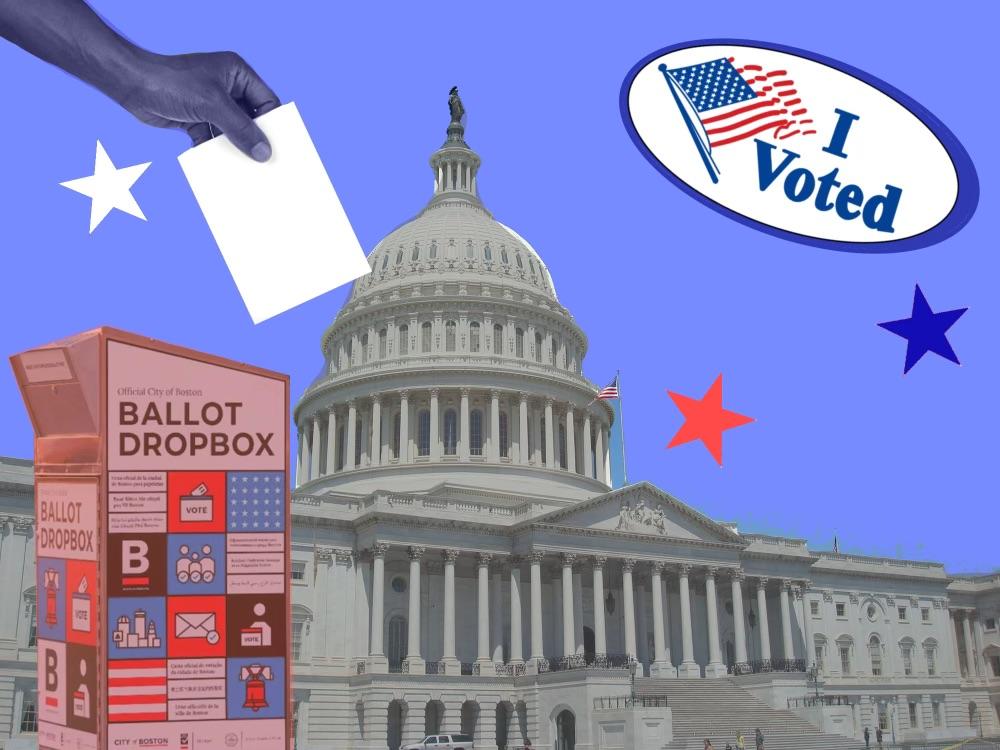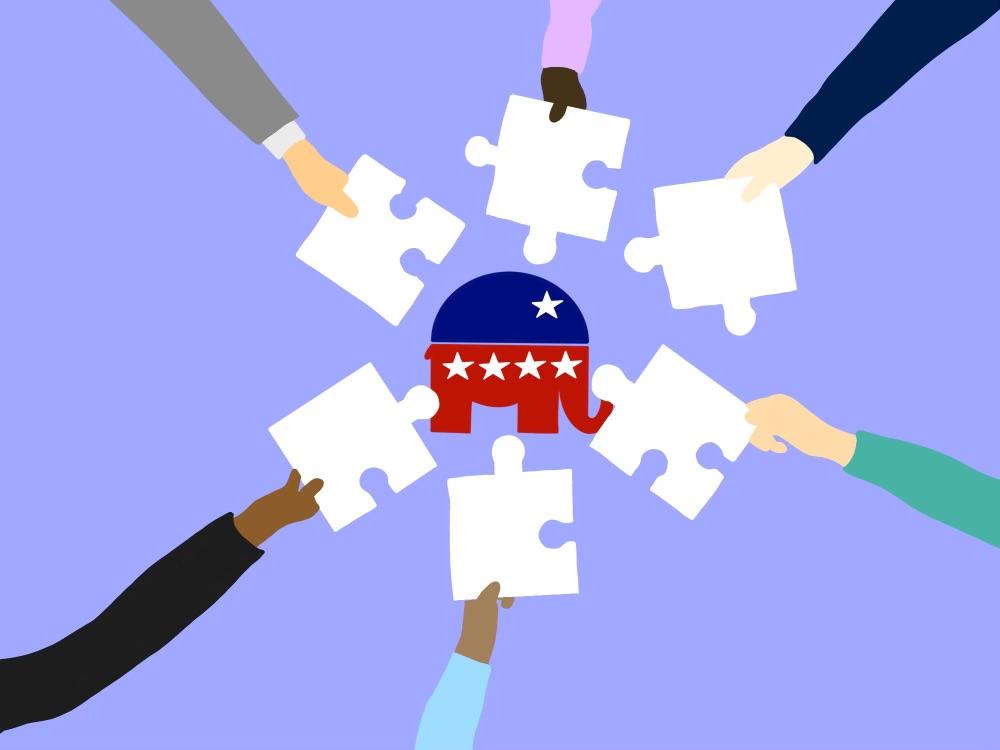As of Jan. 19th, 2023, the United States has officially reached its debt ceiling of $31.4 trillion. Normally, Congress votes to raise or suspend the debt ceiling to prevent the country from defaulting on its debts, but not this year.

Right now, the fairly typical congressional agenda of raising or suspending the debt ceiling is in a deadlocked partisan battle, leaving the U.S. potentially on the brink of an economic crisis that will harm its citizens greatly.
To understand what is going on with the debt ceiling crisis, we must understand exactly what it is, and what it means to default on one’s debts.
Essentially, the debt ceiling is the legal limit of how much debt the U.S. can accumulate. When this limit is reached, Congress has two options—default on the debt, or raise the debt ceiling.
To default on debt means we have spent more money than we can afford to pay back. As Jonathan Capehart, associate editor of the Washington Post said, “We bought the car. We bought the ring. We took the vacation. We ate and digested the meal. We put it on a credit card. We have to pay the bill.”
When an individual has defaulted on their loans, it can result in a reduced credit score, a follow-up from a debt collector and in extreme cases, the seizure of personal property.
When the federal government has this same problem the consequences include a rise in inflation and the inability to fund necessary public programs such as medicare and social security.
As of now, The Department of the Treasury has taken “extraordinary measures” to keep the economy afloat until June of this year — when the U.S. would officially default on its debt — while Congress deliberates and negotiates over the debt ceiling crisis.
However, the most relevant issue pertaining to this economic crisis rests in the fact that the Republican majority in Congress is threatening a refusal to raise the debt ceiling.
Rep. Chip Roy previously stated that he will use the debt ceiling as a bargaining tool to push through his border policies with Democrats. Many Republicans also state that they will not raise the debt limit unless the government curtails its spending. Spoiler—this is an absolutely horrible idea.
While discussing government spending is a perfectly reasonable conversation to have— it has nothing to do with the money already expended. Ironically, it didn’t seem to be an issue for Republicans when former President Donald Trump was in office, as they happily suspended the debt ceiling.
Collectively, this is one of already too many petty fights among Republicans and Congress. It previously took the right-wing party the longest time in congressional history to elect a speaker, delaying the entire docket of work they had for the term.
Republicans are now about to put the entire country — according to Secretary of the Treasury Janet Yellen — into a catastrophic recession, with their most recent actions on the debt crisis.
Whether Republicans are participating in this circus intentionally or not, they are most certainly making a mess of the economy at a time where inflation and interest rates are at a premium.
The preceding issue remains that the party continues to make threats about not raising the debt ceiling to pursue their own agenda, much to the dismay of all constituents. Congress is proving through this debt ceiling crisis that they have truly lost their way.






























































































































Phyllis Glickman • Jan 31, 2023 at 8:58 am
Excellent article that explains the debt crisis in a way that even
the simpliest brain can comprehend.